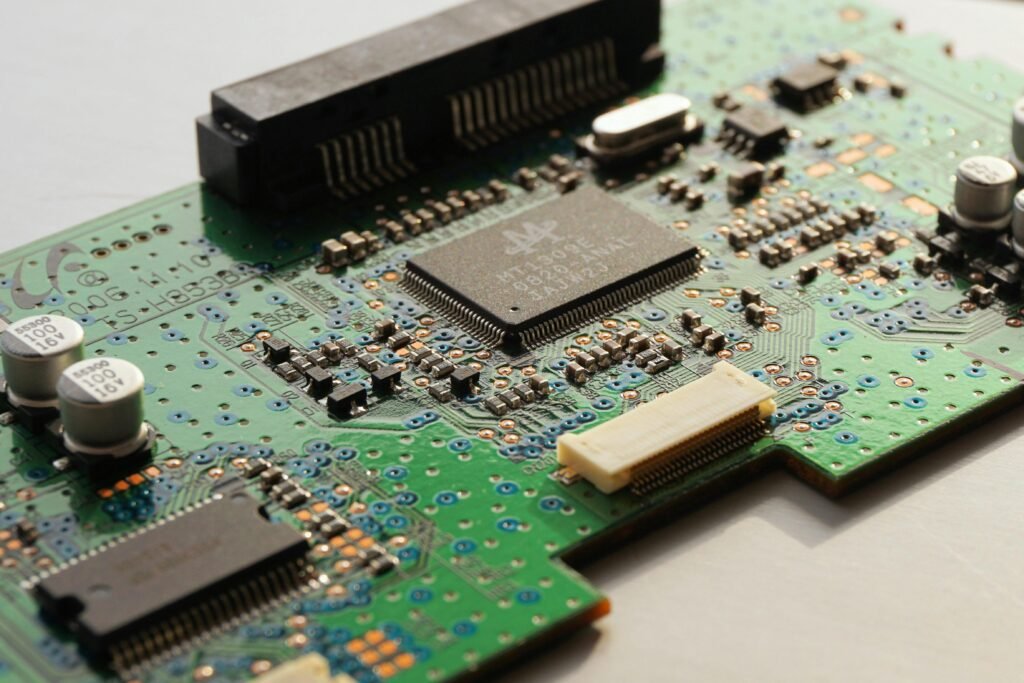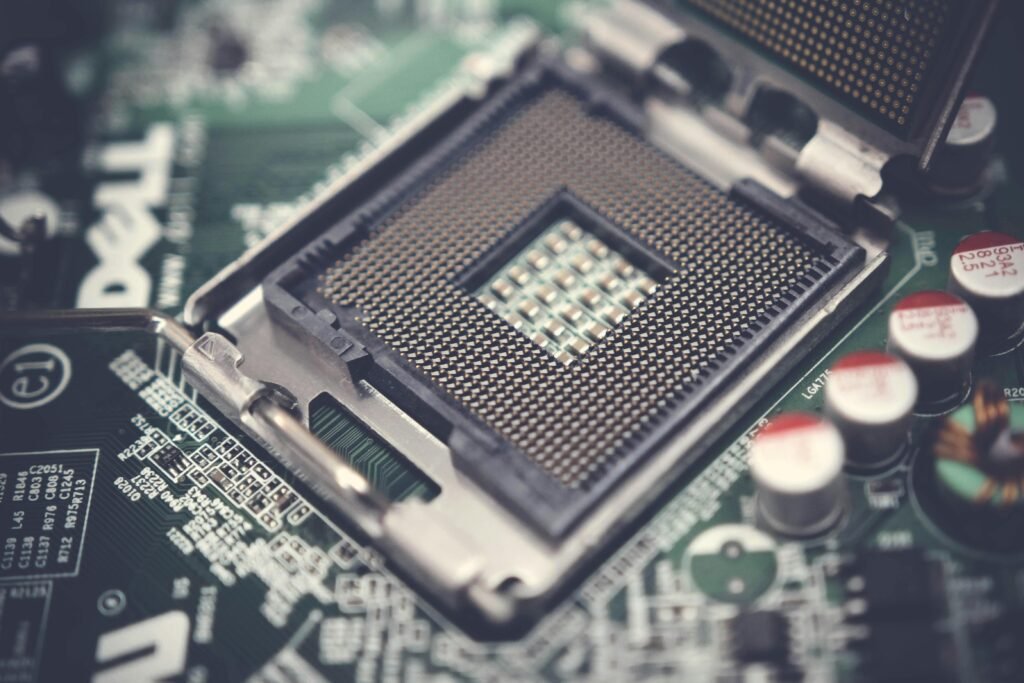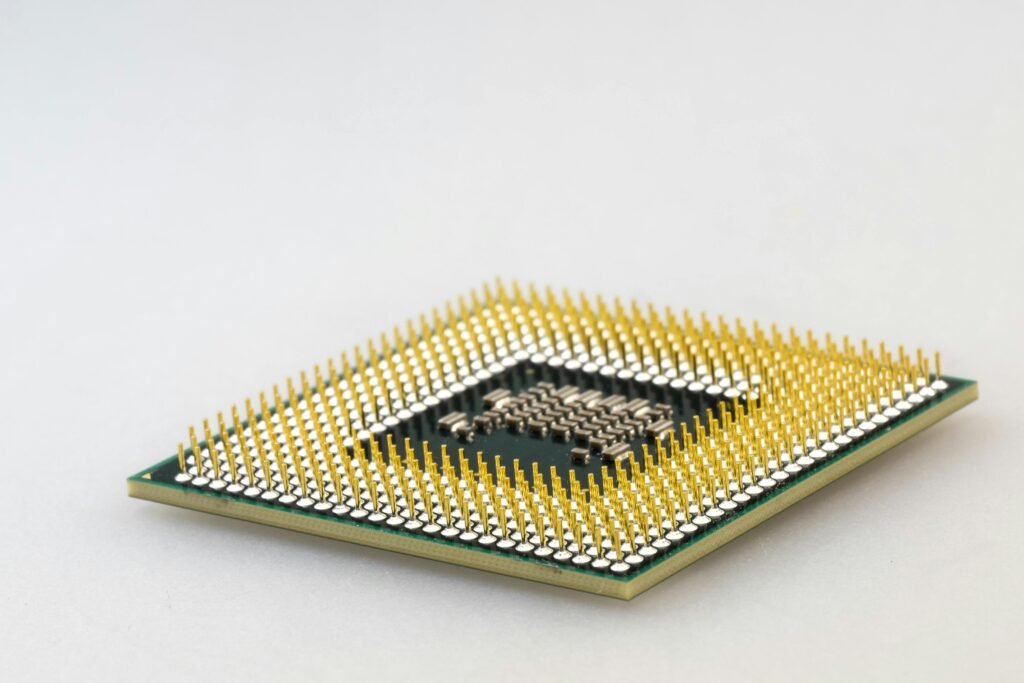The mobile chip industry has been dominated by two major players in recent years: Samsung’s Exynos and Apple’s A-Series chips. These two powerhouse processors have set the bar for what smartphones can achieve in terms of performance, efficiency, and power. But how do these chips stack up against each other? In this article, we compare Samsung Exynos and Apple’s A-Series chips in depth to determine which one takes the crown in the ever-evolving world of mobile technology.
Overview of Samsung Exynos Chips
Samsung Exynos chips are developed by Samsung Electronics and are mainly used in its own smartphones, including the Galaxy series. Exynos chips are part of Samsung’s larger push to reduce reliance on external chip manufacturers, such as Qualcomm. Exynos chips are known for being integrated with custom designs, often featuring advanced GPU technology and 5G connectivity.
Key Features:
- In-House Development: Samsung designs Exynos chips in-house, allowing for close integration with their hardware, especially in areas like camera performance and mobile network connectivity.
- Custom CPU and GPU: Exynos chips are equipped with custom CPU cores and Mali GPU, offering strong performance for everyday tasks and gaming.
- 5G Integration: Samsung often integrates the latest 5G modems into their Exynos processors, ensuring faster mobile network speeds.
Recent Exynos Chips:
- Exynos 2200: The flagship processor launched with the Galaxy S22 series, featuring Samsung’s new RDNA 2 GPU (developed in partnership with AMD), bringing better graphics and gaming performance.
Overview of Apple’s A-Series Chips
Apple’s A-Series chips have long been known for their dominance in the mobile space. These chips power all of Apple’s smartphones, including the iPhone, iPad, and even Apple TV. Apple’s A-series chips are widely regarded as some of the most powerful mobile processors, thanks to Apple’s in-house design philosophy and seamless integration with its operating system.
Key Features:
- Custom ARM Architecture: Apple designs its A-series chips based on ARM architecture, which provides better performance and efficiency per watt compared to other mobile chips.
- Powerful Neural Engine: The A-series features a dedicated Neural Engine for artificial intelligence tasks, improving the performance of apps and features like Face ID and Camera processing.
- Industry-Leading Performance: Apple’s chips are known for setting benchmarks in CPU performance. The A15 Bionic, for instance, outperforms many of its competitors in both single-core and multi-core tasks.
- Tight Integration with iOS: The A-series chips are closely integrated with iOS, allowing Apple to optimize software performance and battery life better than most other phone manufacturers.
Recent A-Series Chips:
- A17 Bionic: Found in the iPhone 15 series, the A17 Bionic chip boasts even more powerful CPU and GPU cores, designed with 3nm technology to improve efficiency and processing speed.

Performance Comparison: Exynos vs. Apple A-Series Chips
1. CPU Performance:
- Apple’s A-Series Chips have been industry leaders in raw CPU performance, regularly outperforming other mobile processors, including the Exynos line. With a focus on high-performance cores and energy-efficient cores, Apple offers excellent single-core and multi-core performance.
- Exynos Chips offer good performance but tend to lag slightly behind Apple’s chips in synthetic benchmarks. However, Exynos 2200 brought improvements in multi-core tasks, especially with its AMD RDNA 2-based GPU.
2. GPU Performance:
- Apple’s A-Series Chips shine in GPU performance, especially with the A16 and A17 Bionic, which integrate powerful 5-core GPUs that outperform most of the competition. The GPUs in Apple’s chips are designed for a smoother gaming and graphics experience, thanks to Apple’s tight integration with their custom software.
- Samsung Exynos has made strides in this area, particularly with Exynos 2200, which is the first Exynos chip to integrate AMD’s RDNA 2 architecture for desktop-level gaming performance. While the RDNA 2 GPU is impressive, Apple’s chips still provide superior graphical performance in many real-world tests.
3. 5G Connectivity:
- Both Exynos and Apple’s A-Series chips support 5G connectivity. Samsung’s Exynos chips have a strong advantage here, as they come with integrated 5G modems directly within the chip. This ensures faster, more reliable mobile network speeds, especially on 5G-enabled devices.
- Apple, on the other hand, uses a custom Qualcomm modem alongside its A-series chips for 5G support. While the modem works well, Exynos chips often have a slight edge in raw 5G performance due to Samsung’s own modem integration.
Efficiency and Battery Life
One of the key factors that separates Apple’s A-Series chips from competitors is efficiency. Apple has repeatedly shown that its chips are not only powerful but also energy-efficient, thanks to its custom ARM architecture. As a result, devices powered by Apple chips, like the iPhone, tend to offer excellent battery life, despite their impressive performance.
- Exynos chips are competitive in this area but generally don’t match the same level of efficiency seen in Apple’s A-series processors. However, recent models like the Exynos 2200 have made strides in power efficiency, especially with improvements in 5nm process technology.
AI and Machine Learning
Both Samsung Exynos and Apple A-series chips feature dedicated units for AI and machine learning tasks.
- Apple has a Neural Engine that accelerates tasks like image processing, voice recognition, and real-time translation, which makes the A-series chips ideal for machine learning tasks.
- Samsung also integrates AI-based features within its Exynos chips, including improved camera processing, battery optimization, and real-time device performance enhancements. However, Apple’s Neural Engine is generally considered more advanced in this regard.

Conclusion: Exynos vs. Apple A-Series Chips
While Samsung Exynos chips are a strong contender in the market, particularly with their integration of AMD RDNA 2 GPU and 5G connectivity, Apple’s A-Series chips continue to outperform in terms of overall processing power, energy efficiency, and GPU performance.
Apple’s tight integration of hardware and software gives it an edge in delivering a seamless and optimized user experience. However, Exynos chips are still powerful and are especially competitive when it comes to 5G capabilities and gaming performance, thanks to the innovative AMD GPU integration.
For now, Apple’s A-Series chips remain the benchmark for performance, but Samsung’s Exynos line is closing the gap, offering new opportunities for Android enthusiasts and tech enthusiasts who want cutting-edge mobile technology.

